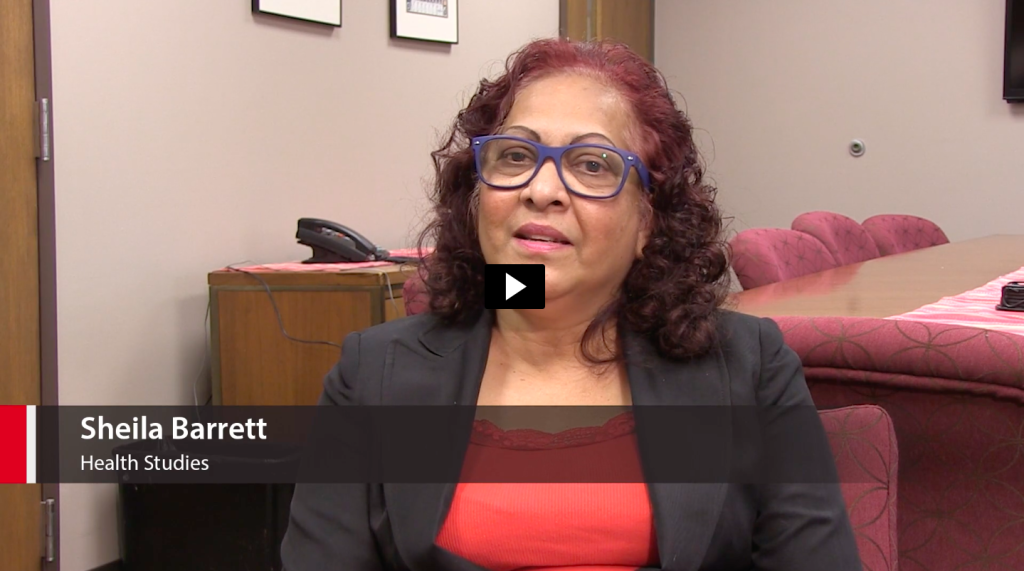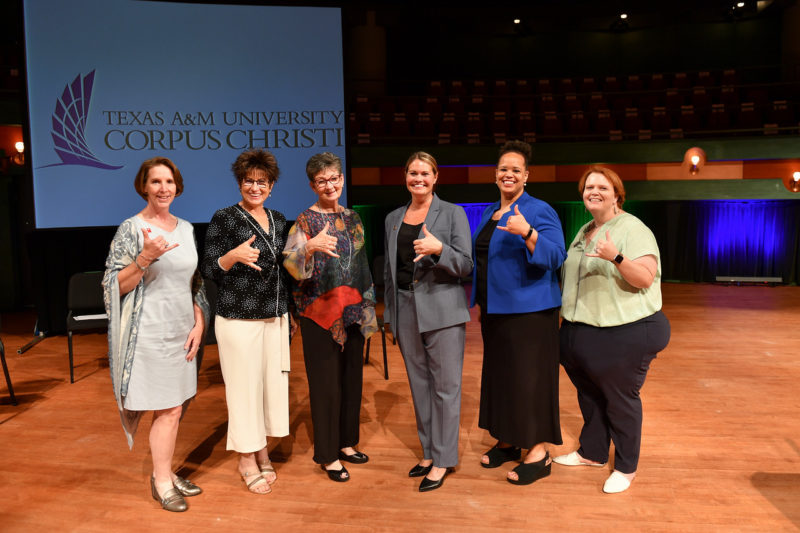
A ‘Clear Signal’ of Institutional Priorities at Northern Illinois University
Last summer, Northern Illinois University (NIU) and the Association of College and University Educators (ACUE) launched an institutional partnership to empower students through instructional excellence. In the first year, an inaugural cohort of 30 faculty members from across disciplines and departments enrolled in the Effective Teaching Practices program, which was facilitated by NIU’s Center for Innovative Teaching and Learning (CITL). To reflect on a successful and challenging first year, CITL Executive Director Jason Rhode and NIU faculty have shared what they learned from the ACUE experience.
“The ACUE partnership sends a clear signal that quality instruction, student success, and diversity, equity, and inclusion are institutional priorities,” Rhode shared in an NIU Board of Trustees presentation.
Establishing an Inclusive Learning Environment
“Good teaching is inclusive teaching,” said Rhode. “Evidence-based teaching practices, when done with an intentionality to create an inclusive learning environment and ensure equitable learning opportunities are inclusive teaching practices.”
Rhode shared that the CITL team is working to tailor the ACUE program and integrate it with the work of the Office of Academic Diversity, Equity and Inclusion. Faculty shared how recommended strategies in the ACUE course helped them become more inclusive teachers. Rachel Warren, director of teacher preparation and development, said she benefitted in particular from the Project Implicit activity. “It was an opportunity for me to confront my biases, because we all have them,” Warren said.
Sheila Barrett, an associate professor of health studies, said that ACUE’s course pushed her to reckon with and address the unique differences in her class. “I just felt that race is not a problem for me. I see students, I don’t see races. But I realized the students in front of me, they don’t see life the way I see it. They’re coming from different backgrounds. That was something very useful that came out of that module.”
“My Students Started Seeing Me and I See Them.”
As an engineer, Dr. Shanthi Muthuswamy, an associate professor in NIU’s Department of Engineering Technology, is trained to interpret the world through data and draw conclusions through scientific methods and statistical analysis. What surprised her the most from her ACUE course experience was how she’s built stronger relationships with more of her students than ever before.
“My students started seeing me and I see them,” Muthuswamy said at the NIU Board of Trustees earlier this year:
I asked students to share what their favorite local takeout restaurants were, asked them to share one thing they were worried about in an online class and so on. Jason’s quote comes from that exercise.
“My biggest fear about an online class is missing a deadline or due date. I work full-time as a CAD Drafter/Designer (11 years), and I’m currently taking care of my father in most of my remaining free time.” – Jason
Students started opening up. I learned so much about them – including which Mexican restaurant has 25 different kinds of salsa. My respect for them grew when I came to know that they are taking care of their elderly parents during these stressful times. That’s what I mean, I started seeing them.
Promote Student Success Through Great Teaching
Faculty said that the design of the course itself was transformative for their own learning. Rhode said that NIU faculty engagement rates on the ACUE course were 98%, higher than the national average. “Faculty are loving the course and finding it helpful and relevant to their work,” Rhode said.
“The course helped me see how to adjust the things that I knew weren’t working and how to improve the things that had been working,” said Ted Hogan, a professor in NIU’s Department of Engineering Technology. “I was challenged by the course to introduce things I’ve never tried before.”
Warren agreed. “ACUE really pushed me out of my comfort zone as an instructor and created opportunities for my students to demonstrate learning in a different way that I hadn’t thought of.”
Learn about ACUE’s newest microcredential, Inclusive Teaching for Equitable Learning


